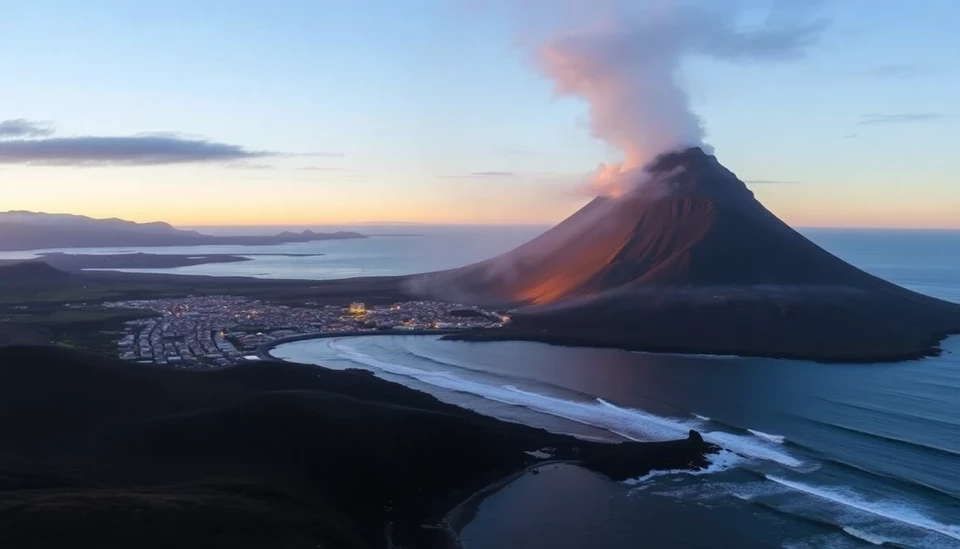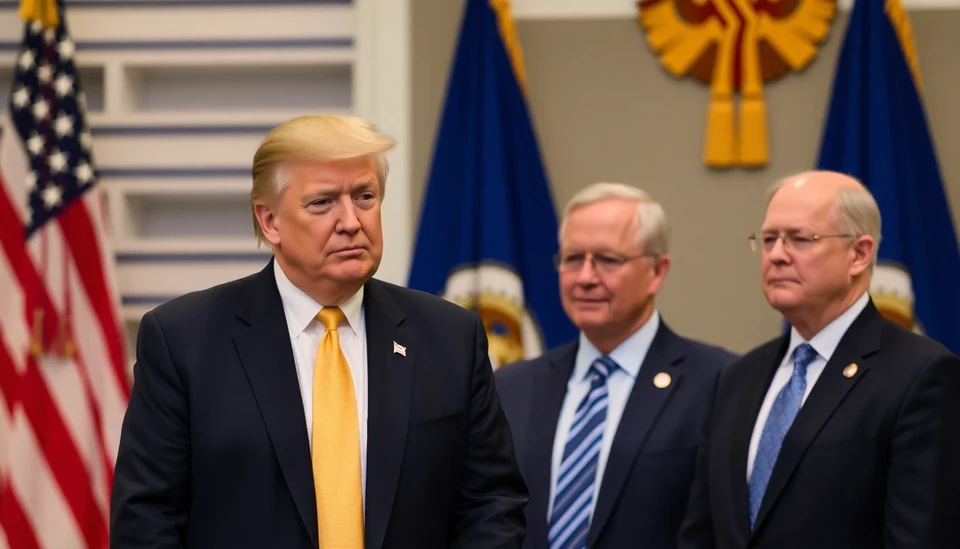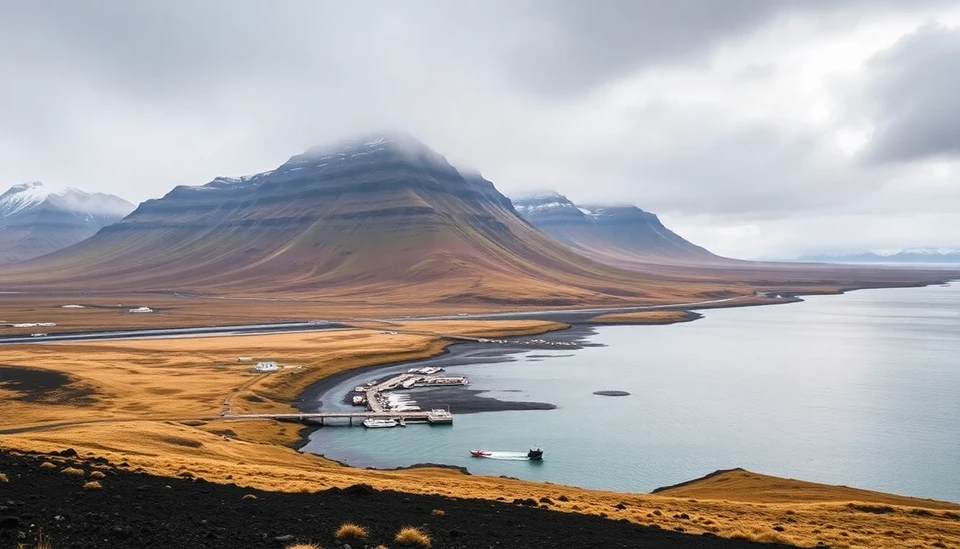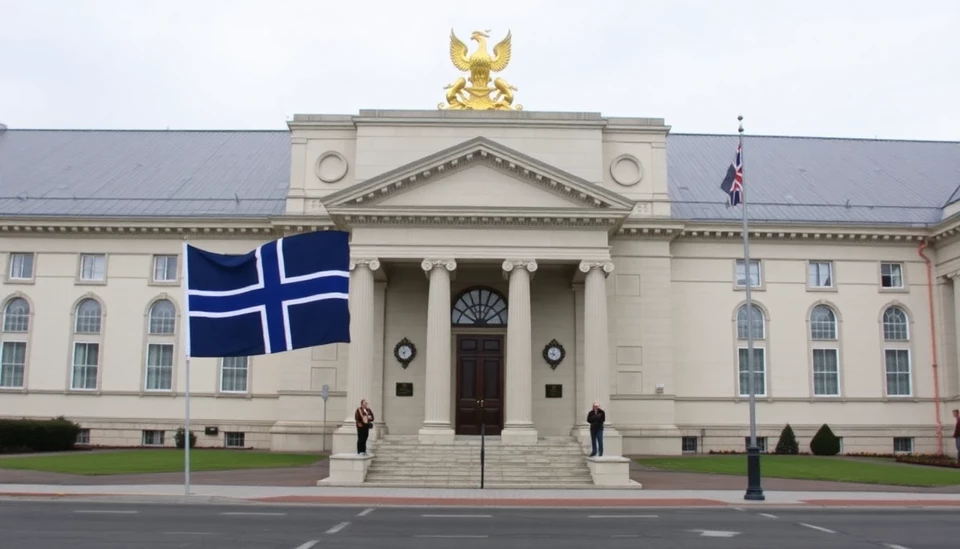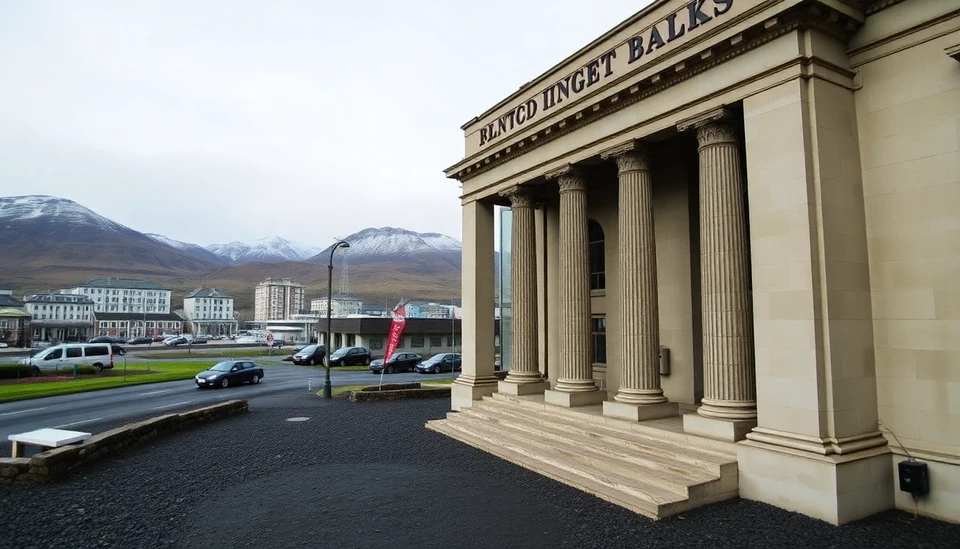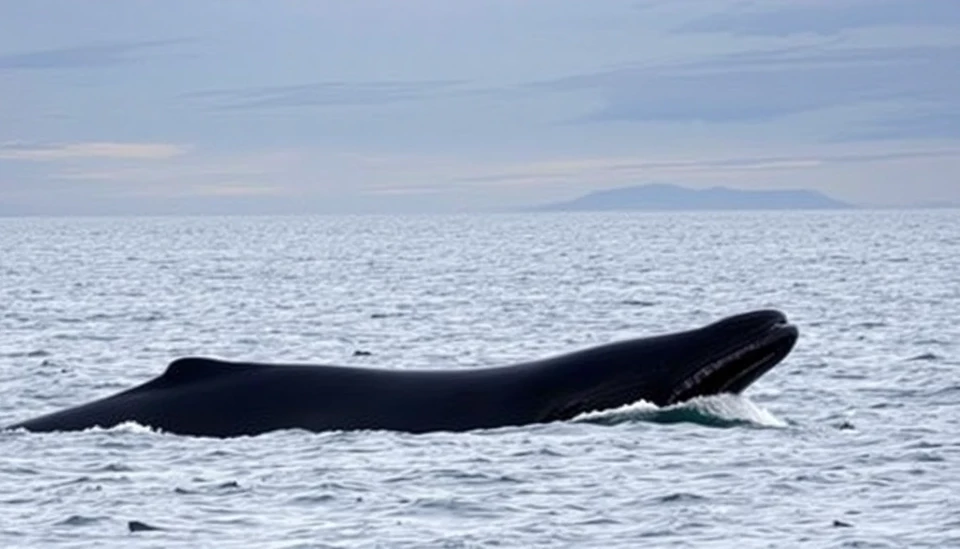
As Iceland approaches its upcoming elections, the nation finds itself at the center of a heated debate over a controversial new whaling license. The government has issued a permit for hunting endangered fin whales, a decision that environmentalists and animal rights advocates vehemently oppose. The move has reignited discussions about Iceland's position within the global community regarding wildlife conservation, especially in light of its historical reliance on whaling.
This contentious whaling license has been granted to a private company, which plans to utilize the whales for their meat and by-products, a practice that many believe contradicts the increasing global focus on sustainability and conservation efforts. Critics argue that this decision not only threatens the population of fin whales but also jeopardizes Iceland's international reputation.
The issuance of this whaling license comes at a particularly sensitive time. Icelandian voters are mobilizing opinions and gathering insight on the leadership's environmental policies. With elections looming, public sentiment surrounding the whaling industry could sway the outcome, as many constituents express disapproval of hunting endangered species.
Environmental groups have been vocal about their resistance, launching campaigns to raise awareness about the impending threats to marine biodiversity. Many of these organizations argue that the hunting of such majestic creatures sends a negative message globally, undermining efforts to promote responsible environmental stewardship. Activists are urging the government to reconsider its stance and halt the license's approval altogether.
Supporters of the whaling initiative claim that it is an essential aspect of preserving Iceland’s cultural heritage. They argue that whaling has deep historical roots in Icelandic society, and for some, it represents more than just a source of sustenance; it reflects their identity and traditions. These advocates assert that sustainable whaling practices can be implemented, suggesting that population numbers can be managed responsibly while also maintaining cultural ties.
The debate over the whaling license has also involved tourism, crucial to Iceland's economy. As the country draws millions of visitors each year, many come for the natural beauty and the opportunity to witness wildlife in its natural habitat. The issuance of this license could dissuade eco-conscious travelers, posing potential risks to a primary revenue stream for the nation.
With only weeks left until election day, candidates are grappling with the issue, often taking polarized positions. Some have pledged to ban whaling altogether, embracing a forward-thinking environmental policy, while others promise to uphold traditional practices. As debates heat up, it remains evident that public opinion will play a significant role in shaping the platform of politicians and potentially swaying undecided voters.
In light of these developments, voters are urged to scrutinize the candidates’ positions and commitments to environmental issues. The stakes are high for the future of Iceland’s wildlife policy and its ecological integrity as the nation stands on the brink of significant political change.
As this unfolding story continues to resonate, people are left questioning how such a controversial decision will affect not only the country's wildlife but also its electoral future and international relations.
#Iceland #Whaling #EnvironmentalPolitics #Elections2024 #Conservation #CulturalHeritage #AnimalRights #Sustainability
Author: Megan Clarke
